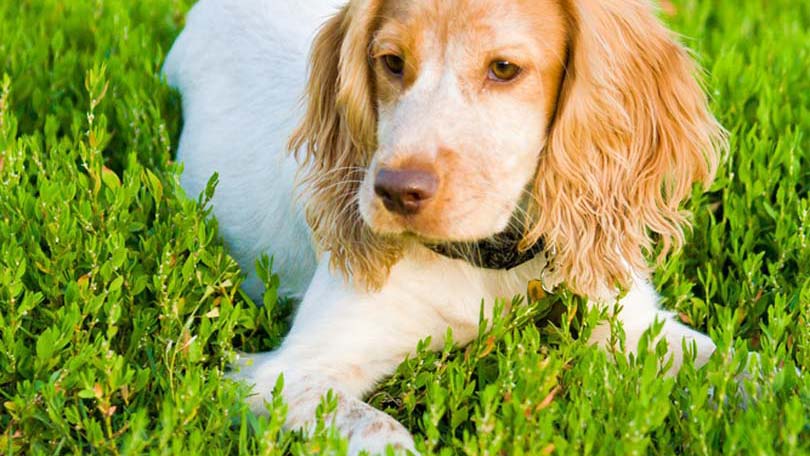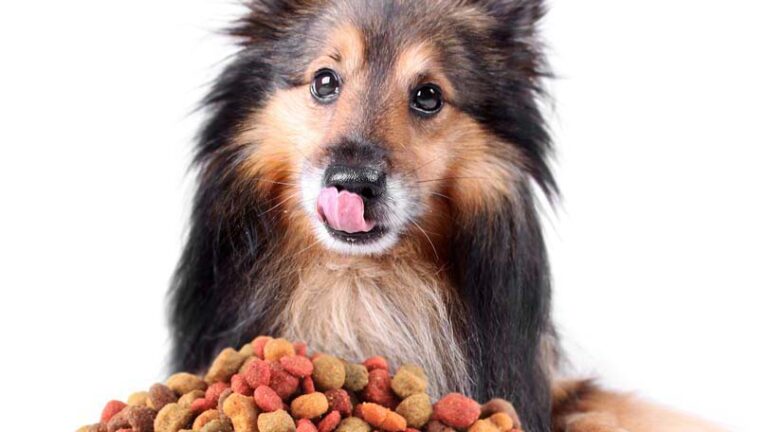What Foods to Avoid in a Homemade Dog Diet
Many people are switching to feeding their dogs a homemade diet. With recent dog food recalls regarding contaminated ingredients, feeding your dog from a bag or can has increased risks that many of us do not want to face. Making a homemade diet for your dog means that you know exactly what they are ingesting each and every day, guaranteeing that no poisons or toxins ever see the inside of their food bowl.
Homemade dog food also means no fillers, additives, or preservatives so added calories and chemicals are no longer an issue. For dogs that have a food allergy, a homemade diet guarantees them an allergen-free meal – not always easy to get from a kibble bag!
But there are dangers in feeding a homemade diet as well. Although similar to humans in many ways, there are foods that we tolerate well that are actually toxic to dogs so care must be taken to avoid certain ingredients. Below is a list of what foods to avoid in a homemade dog diet and why (foods not normally included in a homemade dog diet are not included in this list).
What Foods to Avoid in a Homemade Dog Diet
Onions and Garlic
As members of the allium family of plant species, onions and garlic are only two of over a thousand species of plants. The common substances in all of these plants are cystein sulfoxide and thiosulphate. Thiosulphate is toxic to dogs. Thiosulphate causes hemolytic anemia in dogs – a condition where red blood cells are destroyed so the circulatory system is not able to carry the required oxygen. Thiosulphate has a cumulative effect in dogs so ingesting a small amount each day will build up over time. Watch onion powder, dehydrated onions, and read the ingredients of foods before giving to your pet!
Green or Unripe Potatoes
Green or unripe potatoes are toxic to humans too so avoid them entirely.
Large Quantities of Broccoli
Large quantity refers to something in the neighborhood of 10% or more of your dog’s daily intake of food would need to be broccoli for levels of the poison isothiocyanate to become lethal. Broccoli is incredibly good for dogs (and us) so make sure their homemade diet includes it, but limit the quantity to under 5% for safety.
Mushrooms
some mushrooms are toxic for dogs, much like some are toxic to humans. However, dogs are far more sensitive then humans and even mushrooms that we eat on a daily basis can be toxic to our four-legged friends. To be safe, do not feed your dog any mushrooms and you should never run into any problems.
Raw fish
most raw fish is not necessarily a problem; the problem is more the bones. Pick through the fish before feeding it to your dog and they should be fine. However, raw salmon can be a problem. There is a disease called Salmon Poisoning Disease that is potentially fatal if not treated. To avoid this disease, freeze the salmon before feeding to kill the parasites that carry the rickettsial organism.
Raw eggs
Dogs love eggs and do not care whether they are cooked or left slimy and raw. Raw eggs contain the enzyme avidin that blocks biotin absorption and although rare, can lead to salmonella poisoning. Always cook eggs before feeding them to your dog to be safe.
Fats & Oils
Excessive fats in a dog’s diet can obviously lead to weight gain but also pancreatitis, inflammation of the pancreas. Enough fat at one time and it can actually become lethal.
The recommended fat requirements are as follows:
- Puppies – 17%
- Adult Dogs – 9 to 15%
- Performance Dogs – 20%
- Sled Dogs – up to 50%
- Pregnant or Lactating Bitch – 17%
Always keep fat levels within the recommended allowances and hide bottles of oil, butter, and bacon drippings away from dogs in a cupboard they cannot access.
Dairy Products
Surprising to many people, dogs are actually lactose intolerant. However, many people feed their dogs yogurt or cottage cheese every day – how do they get away with this? Dogs that are raised on dairy products seem to build up an immunity to the lactose and are able to function as normal. However, always gradually start your dog on any dairy product and watch them for any ill effects.
Pearl barley
Barley is excellent for dogs and a great substitute for brown rice or oat bran in a homemade dog diet. However, limit the amount per meal as it can cause sever diarrhea . Allowing time for your dog’s digestive tract to adjust to the new food should allow them to reap the benefits of this wonderful food without any ill effects.
Other foods to avoid in a homemade dog diet exist but are not common ingredients in dog food such as avocados and persimmons so are not covered here. Always introduce new foods to your homemade dog diet slowly to lessen any adverse reaction by allowing the digestive tract to adjust to the change.

Having discovered a fondness for insects while pursuing her degree in Biology, Randi Jones was quite bugged to know that people usually dismissed these little creatures as “creepy-crawlies”.







